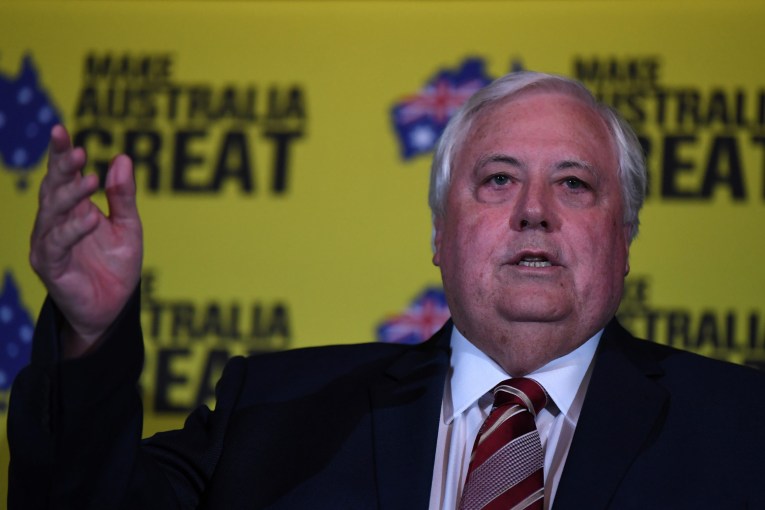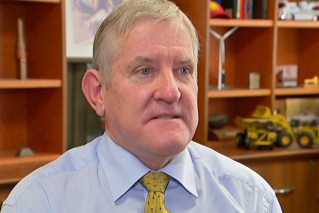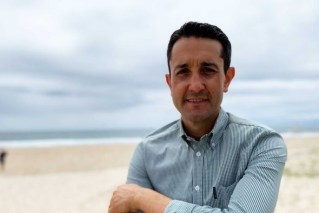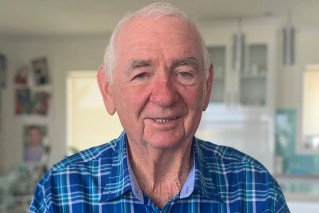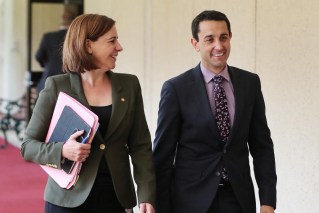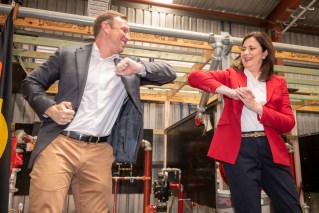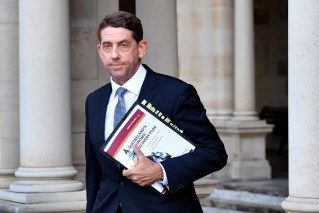Matt Canavan: Why my preference is for a more simple voting system
Preferences will likely be crucial to determining the outcome of the Queensland election, writes Matt Canavan
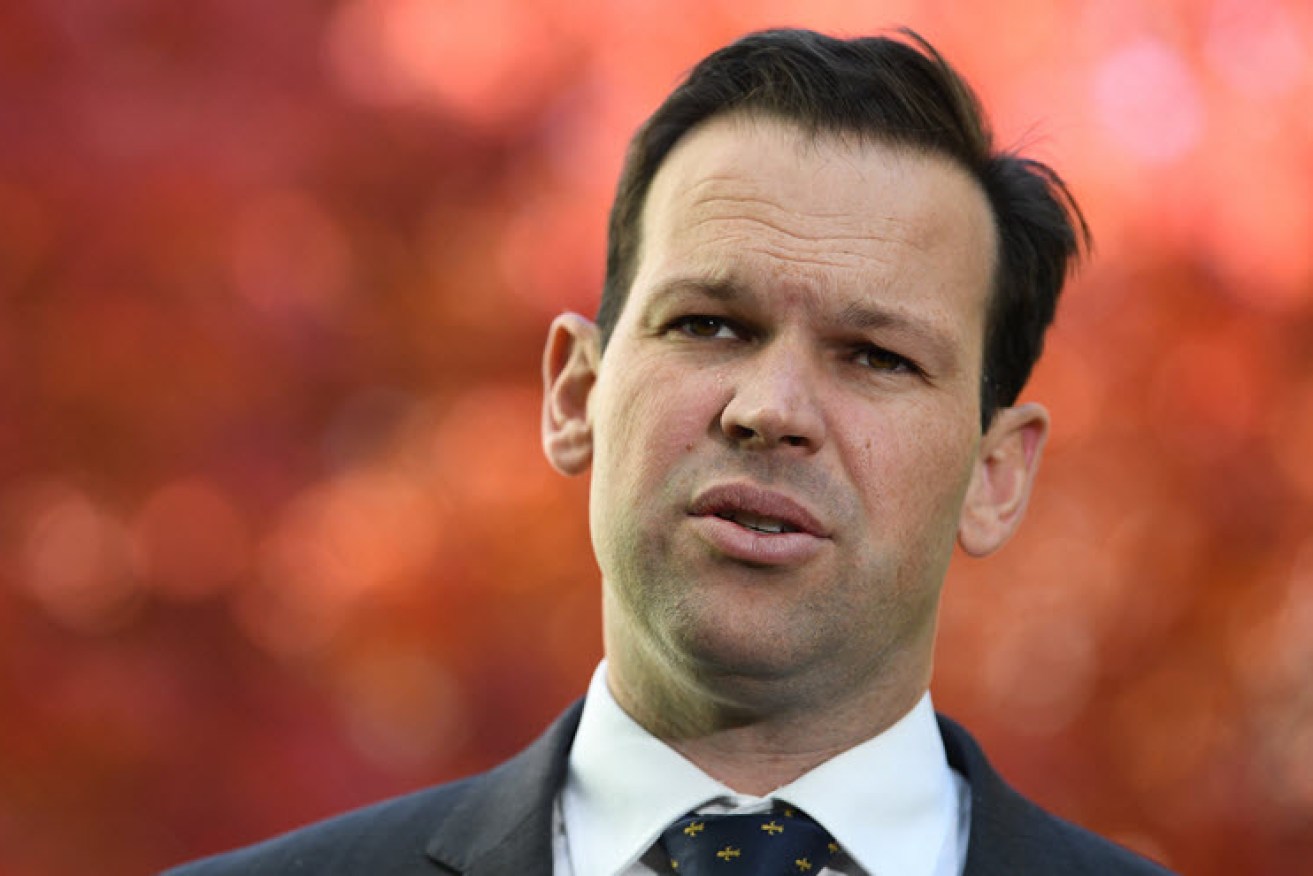
Liberal National Party Senator Matt Canavan. (Photo: Crikey)
Compulsory preferential voting is the most dispiriting aspect of Australian democracy. Why do we make voters list in precise order their ranking of candidates from 1 through to as many as 10? When I get into the ballot box, I have an idea who I want to put first, who I want to put last, and as for the others, well, throw a dart.
As distortionary as they are, preferences will likely be crucial to the result of this Queensland election. There is a record 597 candidates running, easily smashing the previous record 453 candidates set at the last election. That is a lot of preferences to distribute. More importantly, polls indicate that voting shares for the major parties remain at historical lows.
Preferences have a big impact. About 80 per cent of Greens voters preference Labor whereas only about 65 per cent of One Nation and Katter voters preference the LNP. At the last state election, if One Nation and Katter voters had preferenced the LNP at the same rate that Greens voters preferenced Labor, the LNP would have won the two-party preferred vote.
Polling does not have a good track record in estimating preference flows so the published polls may not accurately predict the final result.
One thing that is predictable, however, is that the Labor Party and the Greens will preference each other. There were some empty threats this week that the preference deal between Labor and the Greens could be ripped up over some nasty comments made by a senior Green official about Jackie Trad. That is about as believable as Jackie Trad not wanting to come back to Cabinet.
At the last state election, the Labor Party relied on Greens preferences to win 22 of the 49 seats that they won. Labor will require Greens preferences to have any hope of winning government this time too.
Any deal involves a quid quo pro. The Greens get a price for their votes. Last election, it involved the Labor Party pulling support for Adani (that was announced just days before how to vote cards were finalised). In the 2015 election, the Labor Party promised to protect the Calley Valley wetlands – an artificial swamp that was created for duck shooting.
We don’t know what the deal will be this time but some Queenslander working on a farm, down a mine or in a sugar mill will have their job on the trading floor, as Labor hard-heads sit down with Green activists to discuss how to vote cards. This time it might be heritage listing for the Cape (without any consultation with Indigenous peoples), locking up the channel country (against the interests of Western Queenslanders) or higher taxes on the resources industry (putting jobs at risk in mining).
None of these discussions will be transparent and these backroom deals expose the bankruptcy of our compulsory preferential system. These hidden deals are why the Fitzgerald inquiry recommended scrapping compulsory preferential voting. A recommendation that was adopted by the Goss government.
However, as the Greens vote has risen, optional preferential voting began to hurt the Labor Party. So they reintroduced compulsory preferential voting in 2016 in another backroom deal with minor parties.
In contrast to Labor’s approach, the LNP has stayed true to the Fitzgerald spirit, saying early it would put Labor last. That has stopped the LNP doing any backroom deals but sends a clear message about what it thinks needs to happen for a better Queensland.
This election will be a test of an open and transparent approach to preferences or a return to the pre-Fitzgerald era.
Queensland LNP Senator Matt Canavan and federal Shadow Treasurer Dr Jim Chalmers will be writing weekly columns for InQueensland during the state election campaign
